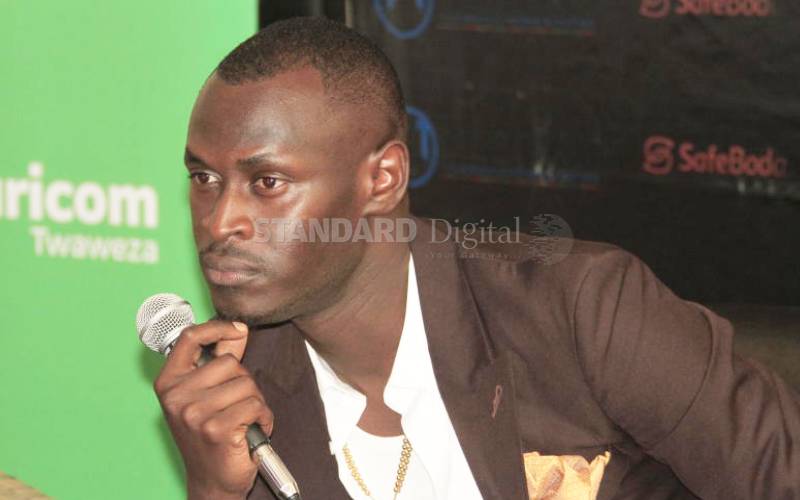
Speaking at the Human Rights and Democracy Festival a fortnight ago, I predicted that our artistes will drive a demand for first class citizenship and citizens will become more skillful, powerful and influential in 2020. Kennedy Ombima alias King Kaka just kicked off the first prediction, it remains to be seen whether the second also becomes true.
King Kaka was known to many before he released Wajinga nyinyi (You fools). Son of Eastleigh, trained accountant and owner of Kaka Empire studio and clothing line, the rapper has associated himself with a range of causes from youth employment to menstrual hygiene. Frustrated by endless corruption scandals, joblessness, poor services, insufficient convictions for serious crimes against the country and the loss of our economic sovereignty to the China, King Kaka has brilliantly caused a national storm. In so doing, he reminds us, the state of the nation today is neither normal nor desirable.